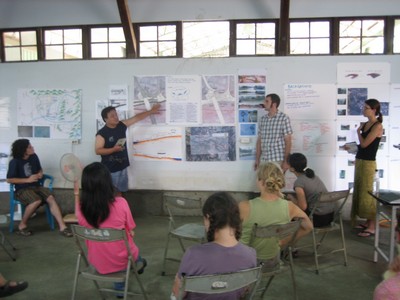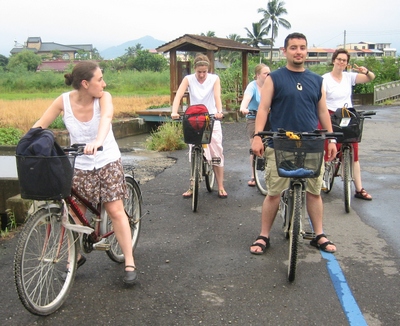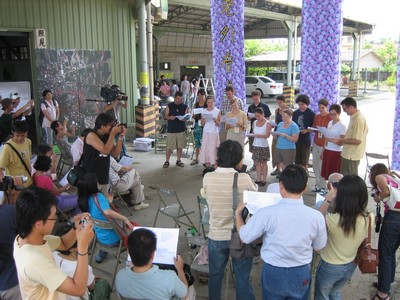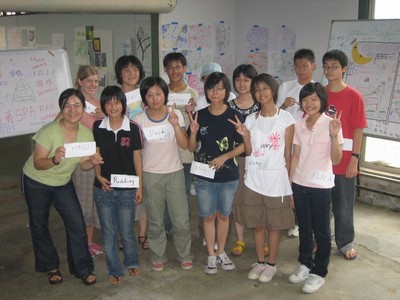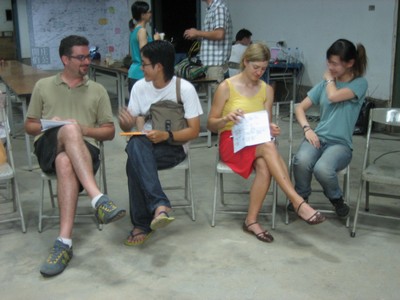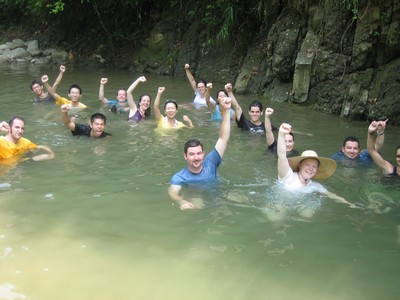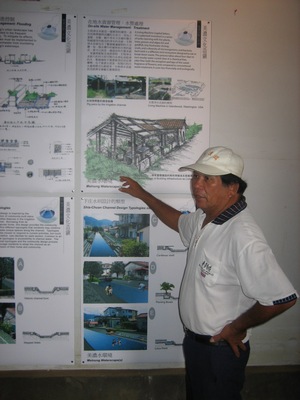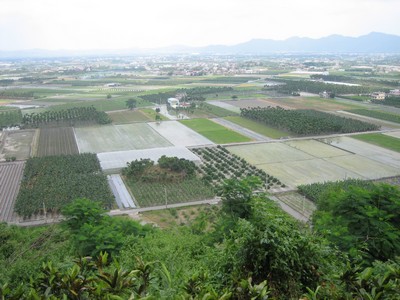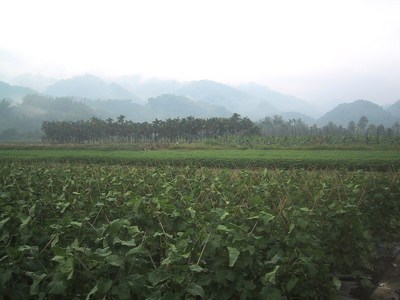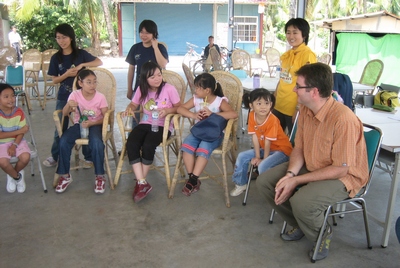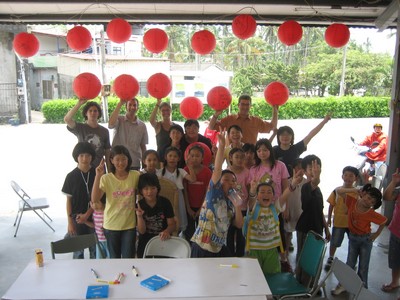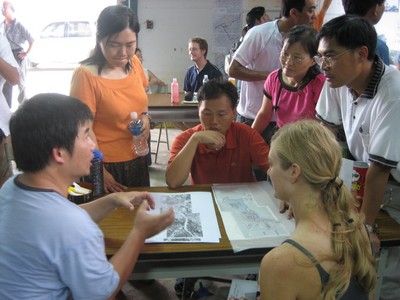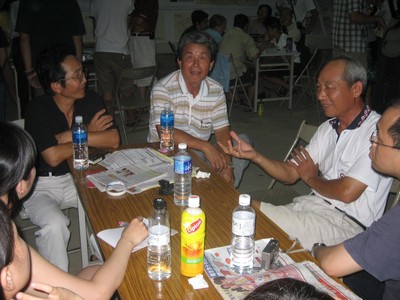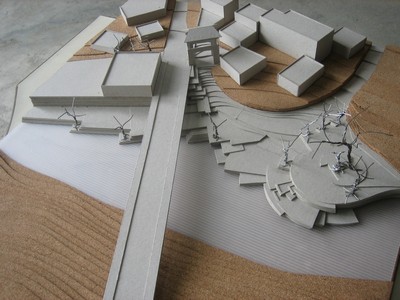Located in a valley of tobacco and rice fields, Meinung is one of Southern Taiwan’s most scenic and culturally important townships. However, like most rural townships in Taiwan and many developing regions, Meinung is also facing challenges from a globalized process of economic restructuring, influx of tourism, and urbanization. How can design and planning offer tools for local communities to respond to these forces? How can designers and planners work with local activists to develop alternative visions of local development and conservation?
This month-long field studio worked with one of the most dynamic and resilient community organizations in Taiwan, the Meinung People’s Association (MPA), to develop design and planning strategies for cultural and environmental sustainability for the township. Formed in early 1990’s as the leading organization against a proposed major dam, MPA has led the local community in successfully defeating the proposed Meinung Dam. In recent years, MPA has expanded its role through various community building projects to improve the livelihood of the predominantly Hakka community.
In this studio, students from University of Washington formed interdisciplinary and cross-cultural teams with local activists, university students and residents to develop catalytic design projects as well as planning frameworks to address composite sets of urban and rural issues. Projects included renovation of historic buildings and landscapes, design of a riverfront street market, and conservation of a valley for ecotourism and agro-forestry. The hybrid nature of these projects challenge the disciplinary and cultural boundaries as well as the conceptual divide between urban and rural.
To find out more, visit http://courses.washington.edu/meinung/

